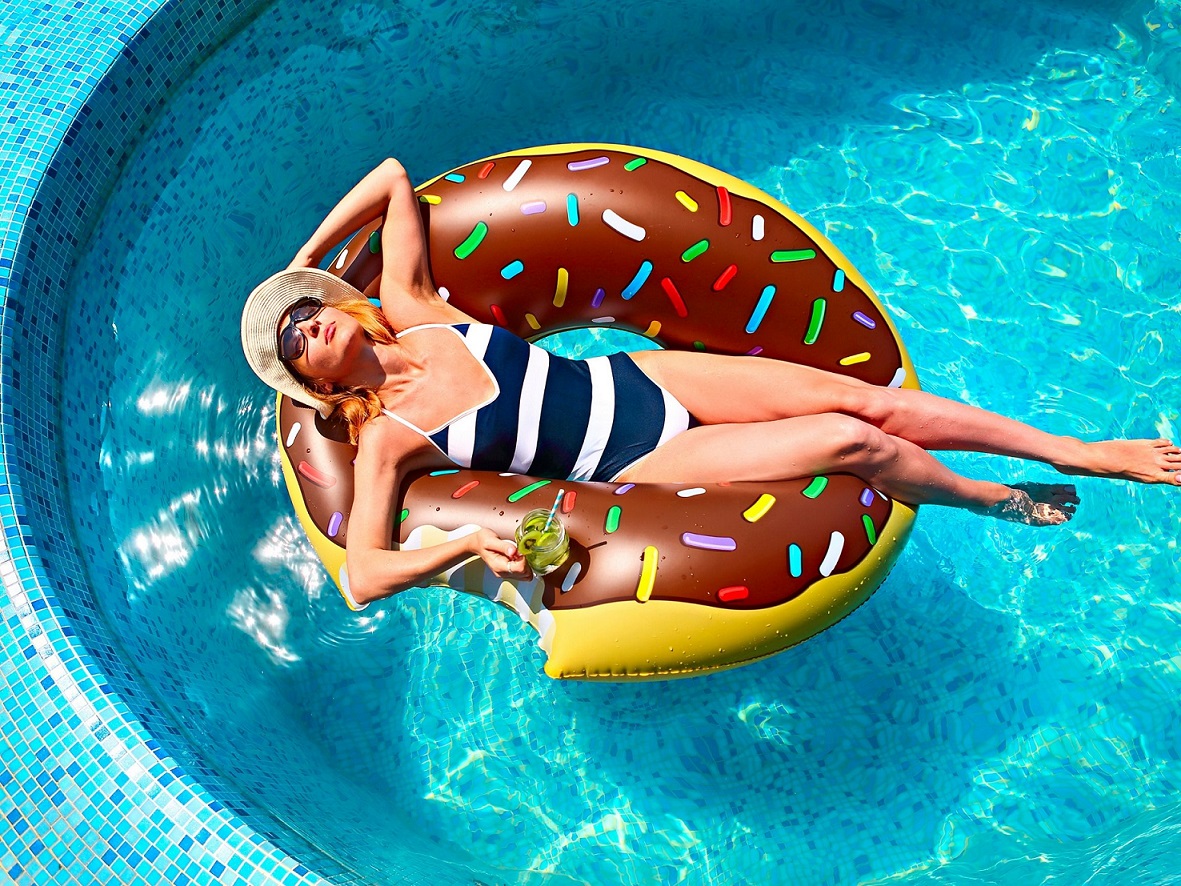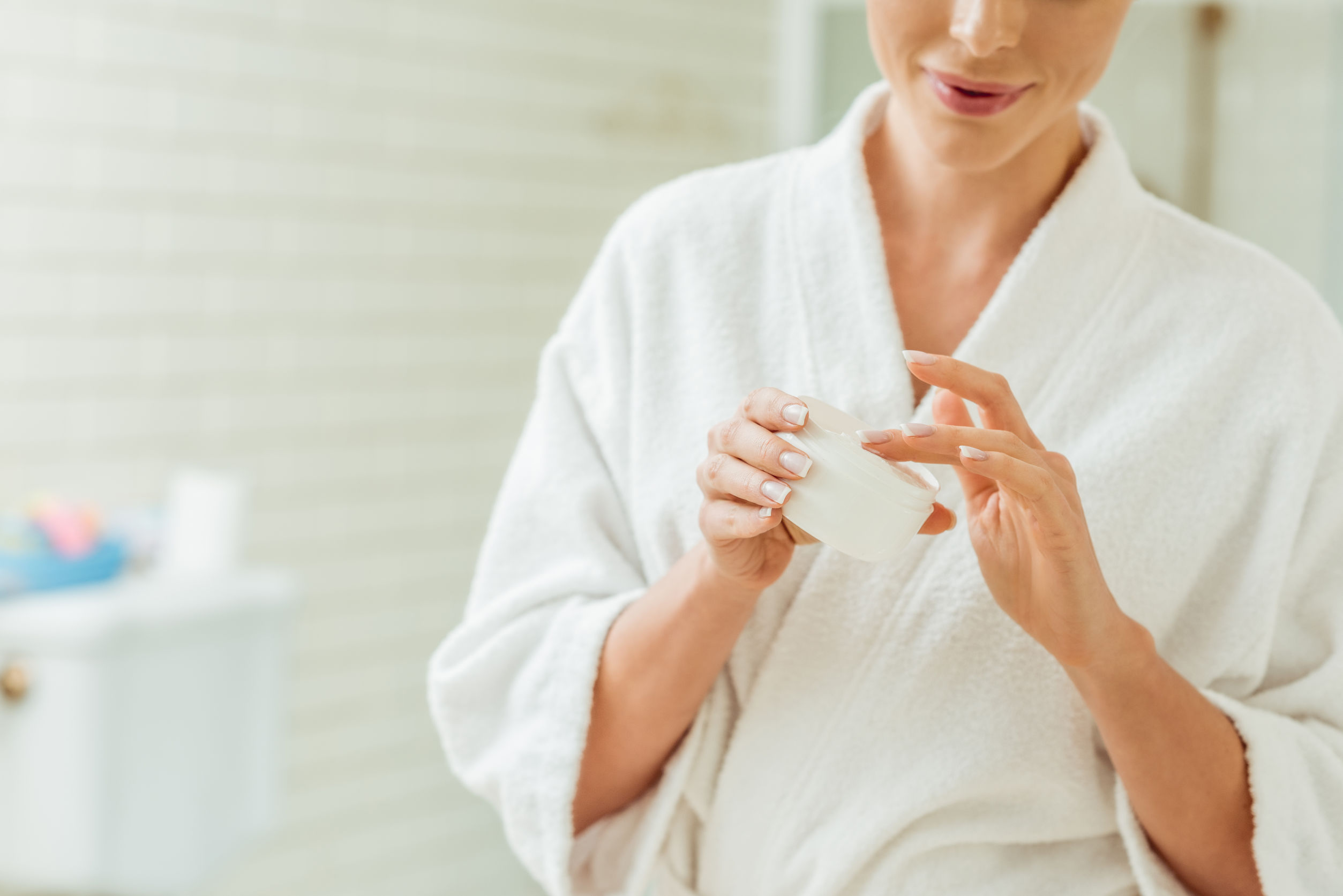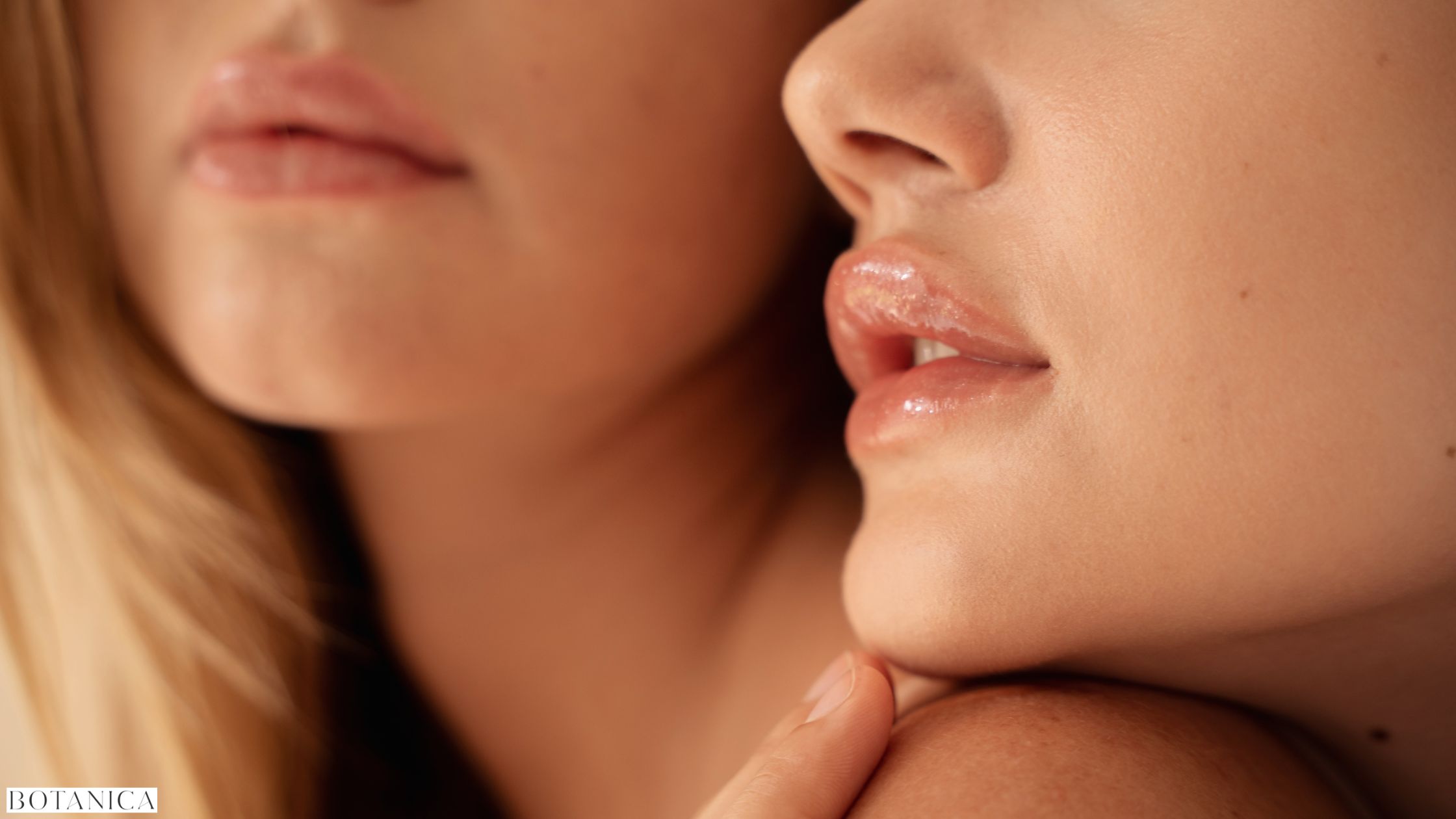
Is Retinol Safe To Use in The Summer?
Can I use retinol in the summer?
This is a huge question that a lot of people are concerned with and there’s plenty of cross information and advice about it. To dive right into it, one thing to be mindful of when using retinol products is that they typically make the skin more sensitive to the sun due to the potential peeling effect they have on the skin. When the skin is being peeled (even what is known as “micro peeling” which is not always visible), you are exposing fresh, vulnerable baby cells to the harsh effects of the environment.
This is especially true if you use prescription-strength retinoids. So given this, can retinol still be used in the summer? The simple answer is yes, retinol can be used during summer as long are you’re diligent about sun protection. For starters, what’s important to understand about using retinol or retinoid products is that they only work when they are used consistently, like 2-5 nights a week.
It will dramatically change your skin by affecting gene expression to remodel the skin on a cellular level and resurface the texture of your skin. But this will only happen if you use retinol regularly and year-round! Going on and off of it will slow down the results, so committing to using it consistently, even during the summer months, is important.
What if I spend a lot of time outside in the summer?
As mentioned, proper sun protection is so important. If you know you aren’t someone who will be able to faithfully apply a broad-spectrum sunscreen every day, you may want to lay off retinol or prescription retinoids during the summer. While using retinol consistently is important (especially in a facial), it’s counterproductive if you end up getting sun damage.
On the same note, if you are someone who enjoys getting a little tan in the summer, I would suggest discontinuing retinol at least a week before you’ll be at the beach, lake or pool. Start using it again five days after you’ve been in the sun. While this will slow down the results a bit, it’s important not to overly inflame newly-treated skin with sun and heat.
Note: If you are someone who does spend a lot of time outdoors where the sun gets sneak onto your skin no matter how good you are about applying sunscreen AND you use a prescription retinoid, you might want to make a change for summer. This would mean switching to using a retinol product.
What is a good starter retinol product if I’m new to using it?
I always suggest to my clients to use a non-prescription retinol product when you are first starting out. It’s good to take it slow and get your skin used to it before you upgrade to a stronger, prescription formula. If you’re someone who is under 35 without a lot of visible sun damage, you can probably just remain on a retinol product that’s not over the counter for the rest of eternity whereas if you are age 35+ with signs of sun damage, you might want to upgrade to a prescription retinoid after six months. Either way, get on the vitamin A bandwagon NOW so you can get going with some serious results. (And for the record, yes, it can shrink your pores with continued use!)
Stay smart about your sun protection this summer and stick to your retinol routine. For any more questions or interest in trying retinol, call Botanica Day Spa for a facial appointment and get all yours answers from one of our fabulous and knowledgeable aestheticians!
Love,
Gen



Leave a Reply